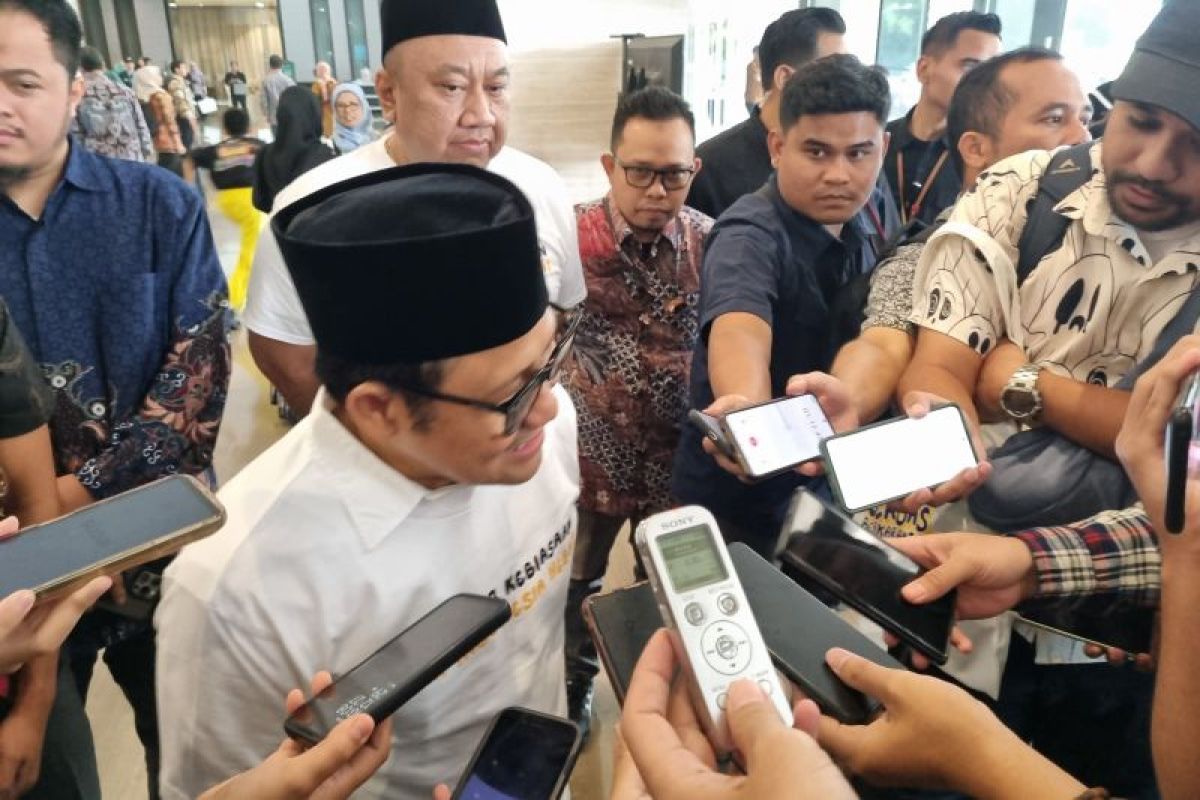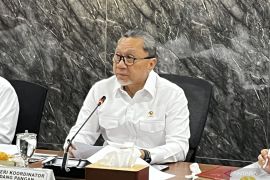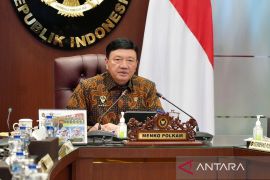Jakarta (ANTARA) - Coordinating Minister for Human Empowerment Muhaimin Iskandar stated that the policy of limiting overseas official travel (PDLN) for government officials aims to enhance the state budget's efficiency.
"All domestic and overseas trips will be limited. This is part of (boosting) the state budget efficiency," the minister stated when met in Jakarta on Friday.
Iskandar ensured that all ministries and institutions under his ministry would comply with President Prabowo Subianto's directive. He affirmed that the holding of domestic events by state ministries and institutions will also be reduced.
"All ministries are implementing limitations and reducing the number of events at home and abroad," Iskandar remarked.
Earlier, the Ministry of State Secretary issued a policy on permits for PDLN for ministries and government institutions.
The policy is stated in Circular Letter number B-32/M/S/LN.00/12/2024.
The letter was sent to various parties, starting from the ranks of the Red and White Cabinet to regional heads across Indonesia.
The letter outlined five points, with the first one being a mandatory PDLN that is carried out effectively, efficiently, and selectively in order to support the Asta Cita vision of President Prabowo with concrete results to improve government performance and regional development.
Baca juga: Ministry supports coffee economy in Central Sulawesi's village
The second point emphasizes that PDLN should only be undertaken for substantively urgent matters when no priority or urgent domestic responsibilities exist. The third directive mandates that PDLN activities be carried out in a limited number of participants with several provisions.
Baca juga: Indonesia to monitor development of Bali Nine five inmates via embassy
Under the fourth requirement, PDLN requires presidential approval, which must be obtained through the Foreign Travel Information System under the Ministry of State Secretary.
Under the fifth point, officials have been warned that conducting PDLN without prior presidential approval will result in ministry, institutional, regional, or agency leaders and participants bearing full responsibility for any consequences.
Pewarta : Anita Permata Dewi, Resinta Sulistiyandari
Editor:
I Komang Suparta
COPYRIGHT © ANTARA 2026









